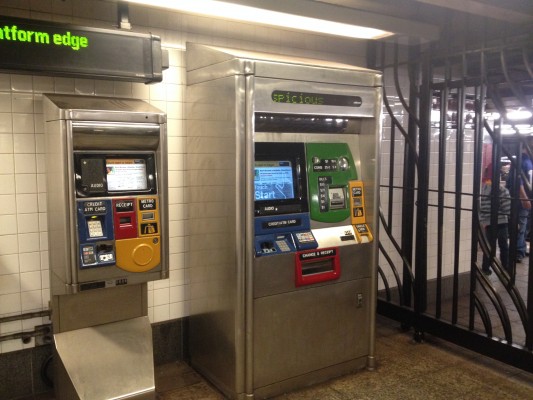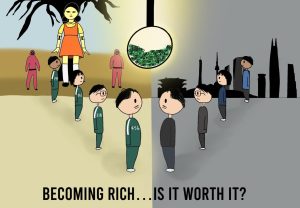MTA Will Raise Fares by Four Percent
October 22, 2014

Starting March 2015, the New York subway that the Fordham students and New York City depend on will be a little more costly. As of July 28, the Metropolitan Transportation Agency (MTA) decided to stick to their Feb. 2014 proposed plan which calls for a four percent fare hike across all forms of transportation offered, including the subway, buses and the Metro-North Railroad. There are no exact figures on what the fare prices will be, but when the increase is applied to the subway, prices will approximately be:
Single ride: $2.50 to $2.60
Weekly unlimited: $30 to $31.20
30-day unlimited: $112 to $116.50
“[Commuter Students’ Association] CSA, at its core, aims to ensure that commuter students have an excellent college experience. The fare hike will bring more financial pressure on these students, which, in turn, will make this goal more difficult to achieve, but to what extent, I’m unsure. The one thing I know for sure, however, is that CSA will continue working hard to meet its core mission,” Matt Miller, CSA vice president said.
Karine Khoder, Fordham College at Lincoln Center (FCLC) ’18, said, “I am very annoyed that the MTA is jacking up prices because it’s already too expensive. After paying for tuition and books, every dollar makes a difference. Juggling a minimum-wage job with studying, it’s becoming hard to keep up with life in general,” she said.
For students like Khoder, affording a monthly unlimited pass would require working approximately 15 hours (based on NY’s $8 per hour minimum wage).
“That’s more money I need for my commute and less I can use for school tuition. That means I have to work more and save up more and that means less time I have for studying and homework and other school-related responsibilities,” Amanda Gonzalez, FCLC ’15, said.
Daniel Villar, FCLC ’17, said, “Well it’s upsetting. It seems as if fares are constantly increasing for the MTA, all while salaries aren’t getting any higher,” Villar said.
“I’ll still be able to afford it; it’s not like I have any other choice, though. For me, it’s either pay the increased fare or not go to school, and the latter is not an option. Pretty soon, the question lurking on everyone’s mind will be not how much fares will increase (although that too is salient information), but when. Because it’s bound to happen,” Villar said. MTA is planning for another 4- percent increase in 2017.
Other members of the FCLC student body say that there should be a way to make the subway more affordable for college students. Violet Guzman, FCLC ’18, thinks there is; “[the MTA] should have some type of student discount for college students on MetroCards.”
Serena Ingram, FCLC ’18, thinks that college students should get some financial relief; “It’s [messed] up that they keep raising prices. College students should get the same student MetroCards that high schoolers get.”
Grades K-12 students that meet certain eligibility requirements in New York City receive free? Student MetroCards, which allow for three trips between 5:30 a.m. and 8:30 p.m. only Mondays to Fridays.
The fare increase plays a part in the daily lives of commuter students and residents alike.
“Even though I’m a resident, I really do use the subway all the time to go to Brooklyn and the Bronx. So this fare hike affects me too.” Jenna Pulvermiller, FCLC ’18, said.
Amina Nikocevic, FCLC ’15, feels worse that students are not the only people affected: “I am a commuter, but I’m lucky because my father does cover the cost for my monthly unlimited passes. So it doesn’t really affect me as much as it affects my dad.”
One student thinks this fare increase breaks an economic principle.
“The New York City pizza law suggests that pizza prices and subway fares usually correlate with each other because they are the two things that stay cheap in New York. The current flaw with the pizza law? Pizza’s affordable, and the Subway isn’t,” Nick Guthammar FCLC ’18, said.
Correction: The published article incorrectly stated the weekly pass was “$2.50 to $2.60,” the News Editor updated the weekly fare information to read “$30 to $31.20.”












